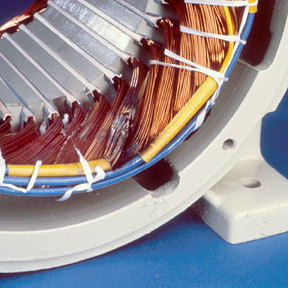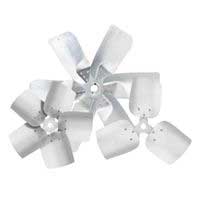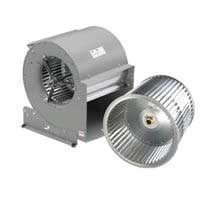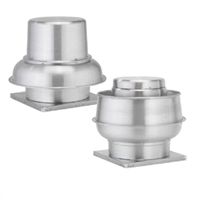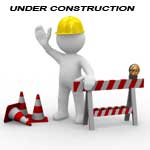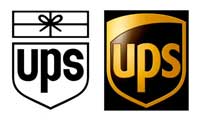The EASA Report:
Typical Causes of Winding Failures
in Three-Phase Stator Windings
Good Stator Winding
Unfavorable operating conditions–electrical, mechanical or environmental–can dramatically shorten the life of a three-phase stator winding. The winding failures illustrated below typify what can happen in such circumstances. They are shown here to help you identify the causes of failure, so that, where possible, you may take preventive measures.Compare the new stator winding (right) with the failed windings pictured below.
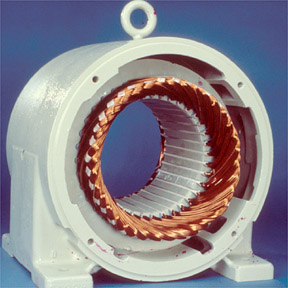
1. Winding Single-Phased
(Wye-Connected)
A single-phased winding failure is the result of an open in one phase of the power supply to the motor. The open is usually caused by a blown fuse, an open contactor, a broken power line or bad connections.
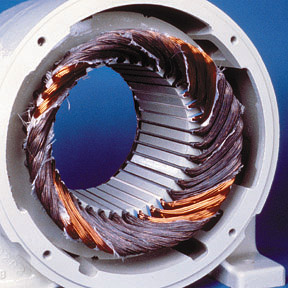
2. Winding Single-Phased
(Delta-Connected)
A single-phased winding failure is the result of an open in one phase of the power supply to the motor. The open is usually caused by a blown fuse, an open contactor, a broken power line or bad connections.
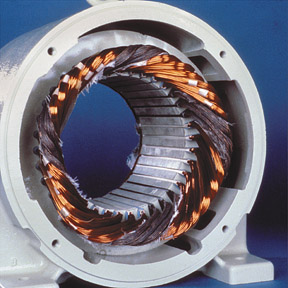
3. Winding Shorted Phase-to-Phase
This type of insulation failure is typically caused by contaminants, abrasion, vibration or voltage surge.
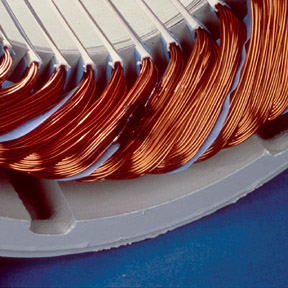
4. Winding Shorted Turn-to-Turn
This type of insulation failure is typically caused by contaminants, abrasion, vibration or voltage surge.
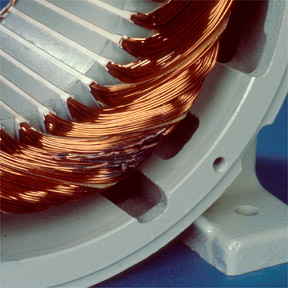
5. Winding With Shorted Coil
This type of insulation failure is typically caused by contaminants, abrasion, vibration or voltage surge.
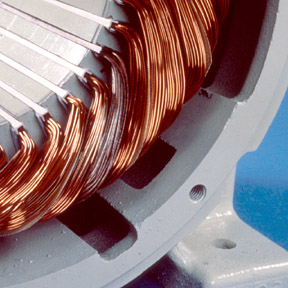
6. Winding Grounded at Edge of Slot
This type of insulation failure is typically caused by contaminants, abrasion, vibration or voltage surge.
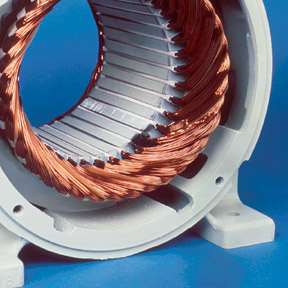
6A. Winding Grounded at Edge of Slot
This type of insulation failure is typically caused by contaminants, abrasion, vibration or voltage surge.
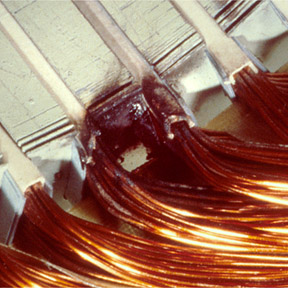
7. Winding Grounded in the Slot
This type of insulation failure is typically caused by contaminants, abrasion, vibration or voltage surge.
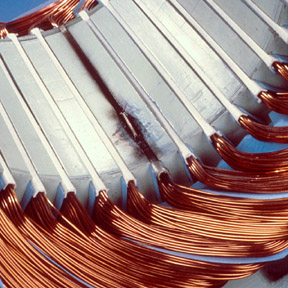
8. Shorted Connection
This type of insulation failure is typically caused by contaminants, abrasion, vibration or voltage surge.
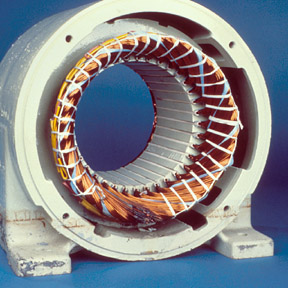
9. Phase Damage Due to Unbalanced Voltage
Thermal deterioration of insulation in one phase of the stator winding can result from unequal voltage between phases. Unequal voltages usually are caused by unbalanced loads on the power source, a poor connection at the motor terminal, or a high resistance contact (weak spring).
Note: A one-percent voltage unbalance may result in a six- to ten-percent current unbalance.
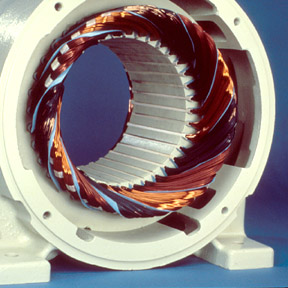
10. Winding Damaged Due to Overload
Thermal deterioration of the insulation in all phases of the stator winding typically is caused by load demands exceeding the rating of the motor.
Note: Under-voltage and over-voltage (exceeding NEMA standards) will result in the same type of insulation deterioration.
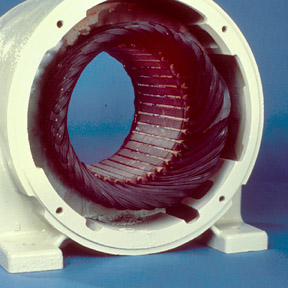
11. Damage Caused by Locked Rotor
Severe thermal deterioration of the insulation in all phases of the motor normally is caused by very high currents in the stator winding due to a locked rotor condition. It may also occur as a result of excessive starts or reversals.
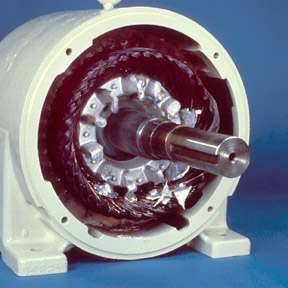
12. Winding Damaged by Voltage Surge
Insulation failures like this usually are caused by voltage surges. Voltage surges are often the result of switching power circuits, lightning strikes, capacitor discharges and solid-state power devices.
